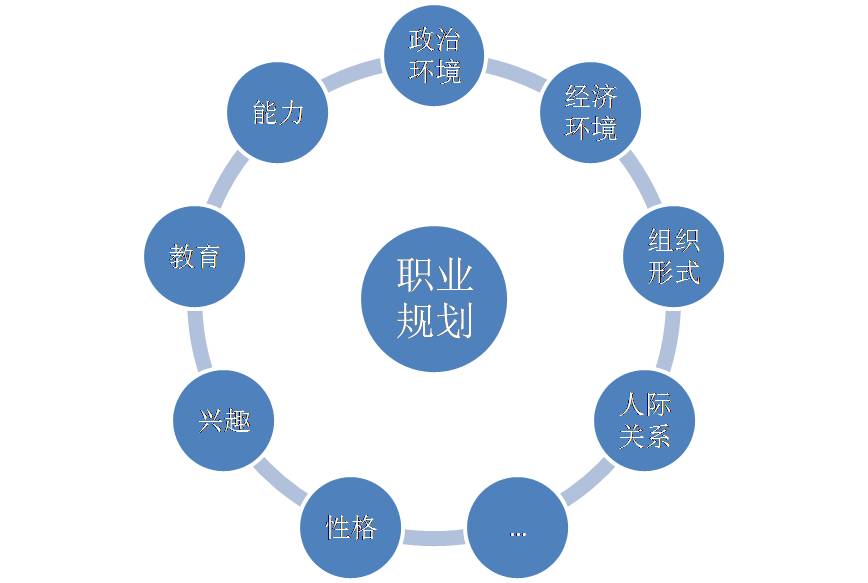Title: Limitations of Liberal Arts Education
Liberal arts majors often face a paradox of intellectual richness and practical limitations. While they cultivate critical thinking, creativity, and broad-based knowledge, these disciplines may not directly translate into clear career paths or high-paying jobs. Employers might prefer candidates with specialized skills, leaving liberal arts graduates to compete in an oversaturated job market. Additionally, the cost of a liberal arts education can seem prohibitive when weighed against its uncertain return on investment. This dichotomy between the value of a well-rounded education and the pressure for immediate economic gain presents a significant challenge for liberal arts majors transitioning into the workforce.
Liberal arts majors often face a paradox of intellectual richness and practical limitations. While they cultivate critical thinking, creativity, and broad-based knowledge, these disciplines may not directly translate into clear career paths or high-paying jobs. Employers might prefer candidates with specialized skills, leaving liberal arts graduates to compete in an oversaturated job market. Additionally, the cost of a liberal arts education can seem prohibitive when weighed against its uncertain return on investment. This dichotomy between the value of a well-rounded education and the pressure for immediate economic gain presents a significant challenge for liberal arts majors transitioning into the workforce.




